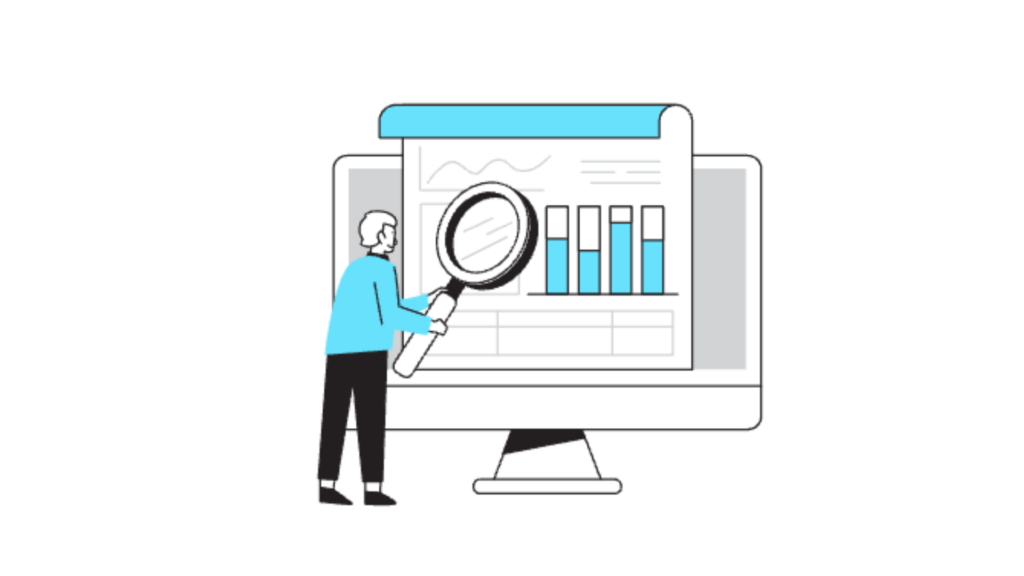Meta Tag Generator: Crafting Optimized Tags for SEO Impact

A “meta tag generator” has become an essential tool for anyone looking to optimize web content and improve search engine rankings. Meta tags, specifically the meta title, meta description, and keyword tags, are small pieces of HTML code added to the header of a webpage to help search engines understand the page’s content and relevance. A meta tag generator simplifies this process, offering automated suggestions that streamline the process, ensuring each page stands out in search engine results. This article will explain the value of using a meta tag generator, discuss best practices, cover common mistakes, and offer insights on how to leverage this tool for SEO.
Why Use a Meta Tag Generator?
A meta tag generator provides structure and uniformity to your website’s SEO strategy, particularly useful when managing large websites with multiple pages. With an automated meta tag generator, you save time, reduce human error, and achieve consistency. Given how meta tags can impact click-through rates (CTR), these generators ensure each tag is tailored to attract search traffic. Whether you’re managing a blog, e-commerce platform, or corporate website, using a meta tag generator enhances the likelihood of attracting relevant traffic.
For example, e-commerce sites benefit greatly from optimizing individual product pages to boost visibility in competitive markets. Learn more about e-commerce marketing strategy essentials in our guide on how to handle client objections.
Key Components of Meta Tags and How a Meta Tag Generator Helps
A meta tag generator works with various components that each serve specific SEO functions. Here’s a breakdown of the main elements:
- Meta Title
The meta title tag acts as the headline for a webpage in search engine results. A meta tag generator ensures your title stays within the character limit (usually 50–60 characters) and includes relevant keywords to improve ranking potential. - Meta Description
Meta descriptions offer a concise summary of the page’s content (150–160 characters). Meta tag generators craft descriptions that entice readers, leading to improved click-through rates. - Keyword Tags
Although not used by Google’s algorithms, keywords remain useful for organization and internal referencing. A meta tag generator can include relevant keywords, which can still impact ranking on some search engines. - Canonical Tags
These tags help avoid duplicate content issues by specifying the preferred version of a page. Many meta tag generators include canonical tags automatically, helping to maintain content authority and consistency.
For those looking to simplify website management, consider our tips on streamlining content creation.
Best Practices When Using a Meta Tag Generator
Using a meta tag generator can ease the SEO process, but it’s essential to apply best practices to get the most out of this tool. Here are some top recommendations:
- Focus on Keywords, But Avoid Stuffing
While keywords remain vital, overusing them in titles and descriptions can make content look spammy. A meta tag generator helps balance keyword use by providing structured suggestions. - Create Unique Tags for Each Page
Duplicate meta tags can confuse search engines and reduce a page’s SEO potential. Use the generator’s ability to customize tags for each page, ensuring variety across all content. - Optimize for Mobile and Desktop Searchers
Meta tags should cater to both mobile and desktop users, especially given the rise in mobile search traffic. Test the meta tag generator to confirm that tags display well across devices. - Align Tags with Page Content
Meta tags should reflect the actual page content accurately. Use a meta tag generator that pulls essential information directly from the page, creating descriptions and titles that represent the content well. - Use a Call-to-Action (CTA) in Meta Descriptions
Encouraging clicks by adding CTAs to meta descriptions—like “Discover more,” “Find out why,” or “Learn now”—increases user engagement. A good meta tag generator will often suggest action-oriented language to drive clicks.
Discover additional strategies to improve CTR in our post on creating compelling social media backgrounds.
Common Mistakes to Avoid with Meta Tag Generators
While a meta tag generator offers immense value, misuse or over-reliance on it can impact SEO. Here are common mistakes to be mindful of:
- Relying Solely on Automation
While meta tag generators speed up the process, reviewing and editing tags is essential to ensure they match your brand’s tone and intent. - Ignoring the Character Limit
Exceeding character limits causes tags to be truncated, which can reduce their effectiveness. Ensure the generator you use adheres to these limits, particularly for mobile. - Overlooking Metadata Updates
Tags may need regular updating to stay aligned with SEO trends. Avoid setting tags and forgetting about them. Review meta tags periodically, especially on high-traffic pages.
For further tips on updating and refreshing SEO content, see our article on maintaining effective content for your audience.
Different Types of Meta Tag Generators
There are various types of meta tag generators, each offering specific benefits and functions to suit different needs:
- Basic Meta Tag Generators
Ideal for smaller websites or blogs, these tools generate standard meta tags like titles, descriptions, and keywords without complex customization. - SEO Plugin Generators
Tools like Yoast or All in One SEO, commonly used on platforms like WordPress, integrate directly into your CMS, generating tags as you build content. - AI-Powered Generators
AI meta tag generators analyze page content more deeply, generating customized tags based on content specifics and search trends. - E-commerce Meta Generators
Many e-commerce platforms offer meta tag generators specifically designed for product pages, streamlining tags for thousands of SKUs. These are especially useful for businesses with large product catalogs.
For more information on the role of metadata in e-commerce, check out our blog on maximizing e-commerce site efficiency.
Future Trends in Meta Tag Generation
With advancements in AI and search engine algorithms, the future of meta tag generation looks promising. Here’s what to expect:
- AI-Enhanced Generators
AI is likely to bring deeper customization to meta tag generators, allowing for more specific keywords and predictive trends based on user behavior. - Voice Search Optimization
With the rise of voice search, future meta tags may include natural language phrases to cater to spoken queries. Meta tag generators might evolve to predict these queries, improving search relevance. - Video and Image Meta Tagging
As visual content grows in popularity, we can expect future meta tag generators to provide tags for video and image optimization, helping content rank better in multimedia search results.
For insights on using AI in digital marketing, explore our guide on harnessing the power of AI for content creation.
How to Choose the Right Meta Tag Generator for Your Needs
Selecting the right meta tag generator depends on your site’s requirements and your team’s resources. Here are key factors to consider:
- Platform Compatibility
Ensure the meta tag generator integrates seamlessly with your CMS, whether it’s WordPress, Shopify, or another platform. - Customizability
Look for a tool that offers both automated and manual editing options. A good generator will allow you to tweak titles and descriptions to better align with your brand. - Analytics Integration
Some meta tag generators link directly with analytics tools, giving insights into how your meta tags are performing. This feedback helps fine-tune SEO strategies based on real-time data. - SEO Insights
Advanced generators provide keyword suggestions or SEO insights, making it easier to optimize each page for current trends. - Ease of Use
For teams with limited technical expertise, a user-friendly interface is essential. Opt for a meta tag generator that offers clear instructions and an intuitive layout.
For more on choosing tools that enhance user experience, take a look at our recommendations on tools for content marketing.
Sample Checklist for Using a Meta Tag Generator
Here’s a quick checklist to ensure you’re making the most of your meta tag generator:
- Set Keywords Based on SEO Goals
Define your SEO goals and choose keywords that align with them. Use the meta tag generator’s keyword suggestion tool if available. - Review for Brand Voice Consistency
Adjust automated tags to ensure they reflect your brand’s voice and values accurately. - Check Character Limits
Double-check that all meta tags fit within the recommended character limits for both mobile and desktop. - Add a CTA in Meta Descriptions
A strong CTA can drive higher click-through rates, especially if strategically placed within the description. - Track Tag Performance Regularly
Monitor which tags drive the most traffic and adjust underperforming ones.
Explore more on fine-tuning SEO in our comprehensive guide on digital marketing.
Conclusion: Maximizing SEO with a Meta Tag Generator
Using a meta tag generator is one of the most efficient ways to optimize your website’s metadata, improve rankings, and increase visibility.



